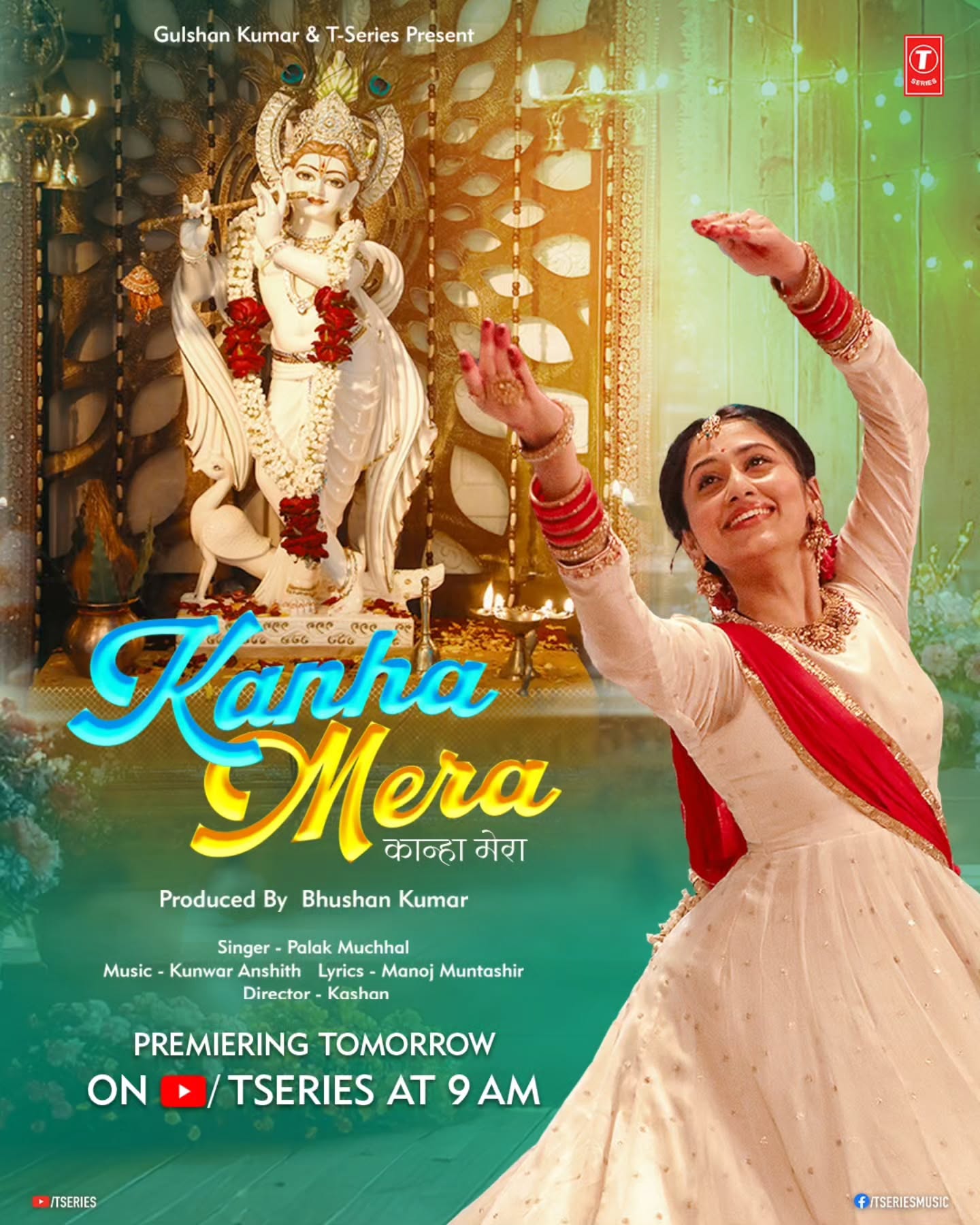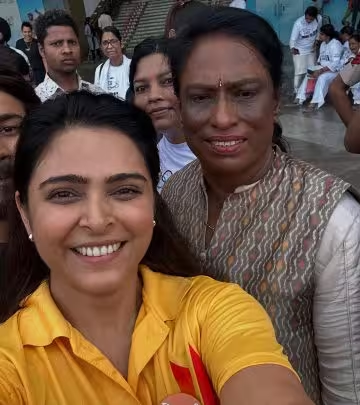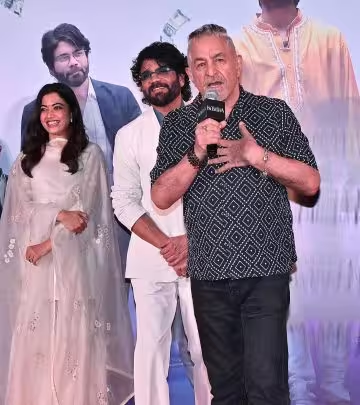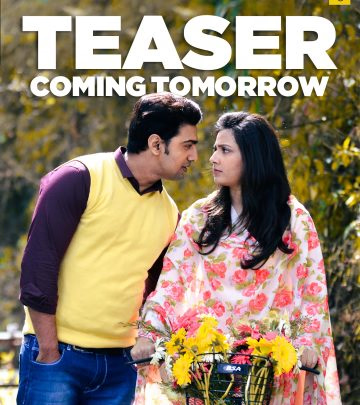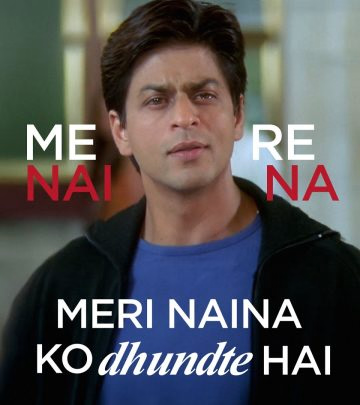Rakesh Bedi Reveals Passion For Saath Saath
Bedi’s podcast reveals unpaid passion in Saath Saath and golden days of iconic sitcoms now.
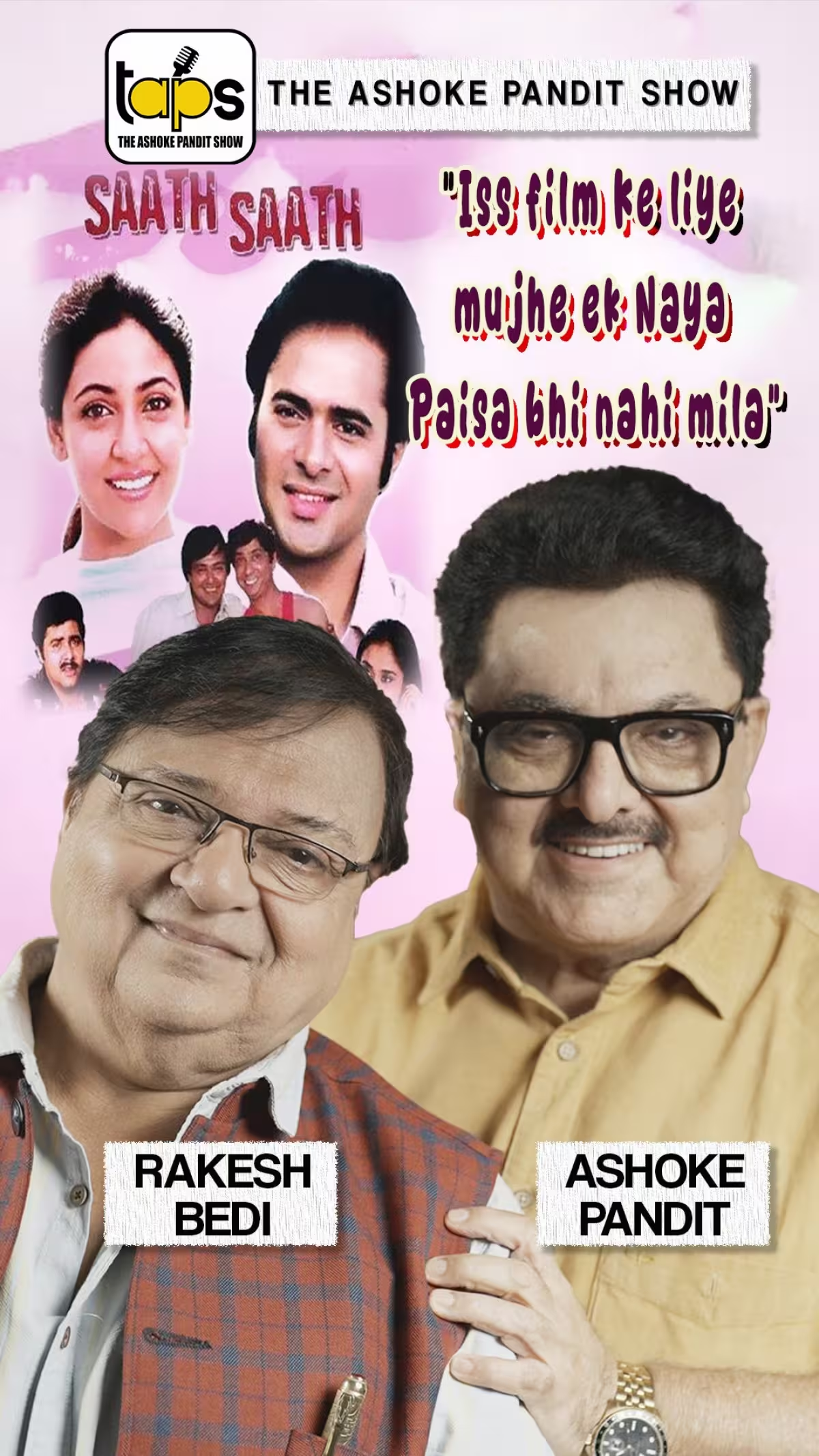
Image: Instagram
Actor Rakesh Bedi, known for his memorable TV characters and unwavering dedication to his craft, recently opened up about a unique chapter in his career during a special episode of The Ashoke Pandit Show. In an illuminating conversation, Bedi revealed how he poured his heart into the film Saath Saath—choosing passion over paycheck by not accepting a single rupee for his role. This candid confession has resonated with fans, inviting them to revisit the golden era of Indian sitcoms and the heartfelt moments of television history.
A Journey Rooted In Passion
Bedi’s revelation is not just an anecdote; it is a testament to a time when creative expression and commitment to art outweighed monetary rewards. During the podcast, the actor explained that his decision to forgo payment for Saath Saath stemmed from a deep, personal commitment to a project that he believed was more than just another film—it was a passion project. This stance underscores a recurring theme in Bedi’s career, where artistic integrity prevailed over commercial success, leaving an indelible mark on the industry.
Echoing the sentiments of many veteran artists, Bedi’s choice reminds us of a bygone era in Indian cinema, when actors often saw their roles as contributions to a larger cultural tapestry rather than mere sources of income. His story is one of sacrifice and artistic pride, and it invites viewers to contemplate how creative passion can sometimes transcend financial considerations.
The Ashoke Pandit Show: A Portal To Nostalgia
Hosted by Ashoke Pandit, the podcast not only revisits the making of some of the most beloved shows and films in Indian television history but also dives into behind-the-scenes moments that rarely see the light of day. Ashoke Pandit, whose own legacy in the film and television industry spans decades, acts as the perfect conduit between past glories and present narratives. The conversation between Pandit and Bedi is rich with references to classic sitcoms, a period when humor and heart combined to create stories that remain celebrated today.
Bedi’s discussion of Saath Saath and other projects illustrates a simpler time in the film industry. Listeners are invited to relive memories of iconic on-screen characters and classic scenes that defined the 80s and 90s era of Indian television. The episode is available on YouTube, making it accessible to a new generation who might discover these classics for the first time while also stirring up nostalgia among longtime fans.
A Closer Look At Saath Saath
Saath Saath, a film that has etched its place in Bollywood history, is remembered not only for its storytelling but also for the spirited performances delivered by its cast. Bedi, with his unique style and infectious humor, contributed significantly to this film’s legacy. His decision to work without monetary compensation underscores his belief that the film’s cultural impact was worth far more than any paycheck.
Industry insiders and longtime viewers alike have lauded his decision, noting how such choices reflect a time when cinema was driven by passion and the desire to tell meaningful stories. The discussion on the podcast brings forward an era when every role was embraced as an opportunity to engage with audiences on a deeper level.
Social Media Echoes And Fan Engagement
The conversation has quickly become a talking point among fans on social media. A recent Instagram post featuring an image of the podcast episode has sparked discussion, with many fans recalling their favorite moments from Rakesh Bedi’s diverse roles. Viewers are encouraged to share their cherished Rakesh Bedi memories by commenting on the post, further fueling the dialogue around his influential career.
Moreover, earlier Instagram updates and posts by Bedi and related industry figures have reinforced this renewed interest in classic Indian sitcoms and films. With hashtags like #TheAshokePanditShow, #RakeshBedi, and #saathsaath trending, it’s clear that both nostalgia and the actor’s candor have struck a chord with audiences across platforms.
Reflecting On A Lasting Legacy
Rakesh Bedi’s heartfelt account is more than a mere recollection of a film set; it encapsulates an ethos that many in the creative industry continue to aspire to. His story is a reminder of the sacrifices and the artist’s journey—a reminder that sometimes, the most memorable performances are driven by passion rather than profit. For many devotees of Indian cinema and television, moments like these reinvigorate the debate on artistic integrity versus commercial success.
As the episode unfolds, The Ashoke Pandit Show not only revisits the past but also serves as an invitation to current and future generations to value the art form beyond its financial associated benefits. The dialogue between Bedi and Pandit is both engaging and informative, bridging generational gaps and offering insights into a time when the medium was as much about art as it was about entertainment.
In conclusion, Rakesh Bedi’s confession on The Ashoke Pandit Show offers a rare glimpse into the sacrifices made by actors who genuinely loved what they did. By sharing his unpaid contribution to Saath Saath, Bedi not only cements his legacy as an artist of great depth but also challenges contemporary narratives around the value of art in the commercial realm. As fans continue to celebrate his on-screen characters and reminisce about the golden days of Indian sitcoms, his words serve as an enduring reminder of a time when passion truly came before profit.
Listeners and readers are encouraged to revisit this enlightening podcast episode to experience firsthand the passion and nostalgia that have defined an era of Indian cinema.
Read full bio of Glendon Moss

















